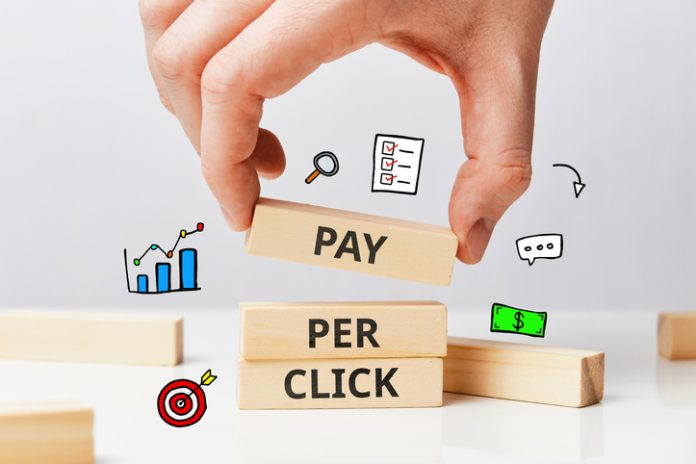Embarking on your first Pay-Per-Click (PPC) campaign can be both exciting and daunting. PPC advertising offers a powerful way to drive targeted traffic to your website, generate leads, and increase sales. However, without proper planning and knowledge, your efforts might not yield the desired results. This guide will walk you through the essential things you need to know before launching your first PPC campaign, ensuring you are well-prepared to achieve success.
Understanding PPC Basics
Before diving into your first PPC campaign, it’s crucial to grasp the fundamentals. PPC advertising involves paying for ads that appear on search engines or other platforms, with costs incurred only when a user clicks on your ad. Familiarize yourself with key terms like Cost Per Click (CPC), Click-Through Rate (CTR), and Quality Score. Understanding these concepts will help you set realistic expectations and measure the effectiveness of your campaign. Additionally, learning about different PPC platforms such as Google Ads, Bing Ads, and social media PPC options will help you choose the right platform for your business. Knowing the differences between search ads, display ads, and remarketing campaigns can also influence your strategy and target audience effectively.
Setting Clear Goals
Defining clear and measurable goals is the foundation of a successful PPC campaign. What do you aim to achieve with your campaign? Whether it’s increasing website traffic, generating leads, or boosting sales, having specific goals will guide your strategy and help you track progress. Establishing Key Performance Indicators (KPIs) such as conversion rate, return on ad spend (ROAS), and cost per acquisition (CPA) will enable you to evaluate the success of your campaign accurately. It’s important to set both short-term and long-term goals, as well as to consider the customer journey and how your PPC efforts fit into the broader marketing strategy. Regularly reviewing and adjusting these goals as your campaign progresses will ensure they remain aligned with your business objectives.
Conducting Thorough Keyword Research
Keyword research is a critical step in PPC advertising. Identifying the right keywords ensures your ads reach the most relevant audience. Utilize tools like Google Keyword Planner, SEMrush, and Ahrefs to discover high-performing keywords related to your business. Focus on a mix of broad and long-tail keywords to capture a diverse audience. Additionally, consider negative keywords to filter out irrelevant traffic, thereby optimizing your ad spend. It’s also beneficial to analyze competitor keywords and understand industry trends to identify gaps and opportunities. Effective keyword research not only improves the relevance and Quality Score of your ads but also helps in creating more targeted and effective ad groups.
Designing Effective Landing Pages
An effective landing page is crucial for converting clicks into actions, especially when using professional PPC packages that can help your company quite a lot. Ensure that your landing page aligns with the ad copy and provides a seamless user experience. Key elements of a successful landing page include a clear headline, engaging visuals, concise and persuasive content, and a strong CTA. The landing page should load quickly and be optimized for both desktop and mobile devices to prevent high bounce rates. A/B testing different landing page elements, such as headlines, images, and CTAs, can help you identify what works best for your audience and optimize your conversion rate. Additionally, using heatmaps and user behavior analytics can provide insights into how visitors interact with your landing page, allowing for further optimization.
Setting a Budget and Bidding Strategy
Budgeting and bidding are vital components of your PPC campaign. Determine your overall budget and allocate it strategically across different campaigns and ad groups. Choose a bidding strategy that aligns with your campaign goals, whether it’s manual bidding, automated bidding, or a combination of both. Regularly monitor your spending to ensure you stay within budget and adjust bids based on performance data to maximize ROI. Consider factors such as peak times for your target audience, geographic locations, and device preferences when setting bids.
Analyzing and Optimizing Campaign Performance
Continuous analysis and optimization are key to the success of your PPC campaign. Utilize analytics tools to track important metrics such as CTR, conversion rate, and CPC. Regularly review your campaign performance and identify areas for improvement. Adjust your keywords, ad copy, and bidding strategy based on data insights. Implementing A/B testing and making data-driven decisions will help you refine your campaign and achieve better results over time. It’s also important to monitor competitor activities and industry trends to stay ahead in the market.
Launching your first PPC campaign can be a rewarding endeavor if approached with the right knowledge and strategy. Take the time to plan meticulously, monitor your progress, and make adjustments as needed to ensure your PPC campaign delivers the desired outcomes. With dedication and a strategic approach, your first PPC campaign can pave the way for future digital marketing successes and significantly contribute to the growth of your business.



































































